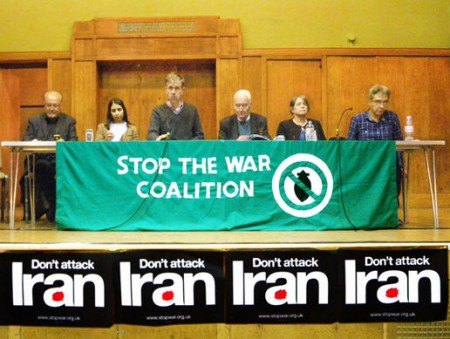
Atsushi Tago claims that they are. His presentation at the CIS Colloquium series on Thursday (March 15, 2012) aimed to challenge mainstream opinion – including the results of his own previous research – and prove that, apart from solely international factors, domestic factors also matter in explaining why a country chooses to join an ad-hoc military coalition. With the quantitative analysis he presented, he was trying to validate a particular hypothesis: that in an election year, in an economic recession, or in period of domestic riots, a country is less likely to join a military coalition. In view of the upcoming elections in Israel and the US, Tago’s research could be of considerable interest for professionals and academics working with the Iranian nuclear issue.
Tago’s logic is threefold: first, he claims that the true benefits (or detriments) of joining a coalition force are often hidden from the electorate. Therefore, in an election year, governments will be reluctant to participate in armed coalitions for fear that the people will voice their disapproval at the ballot.
